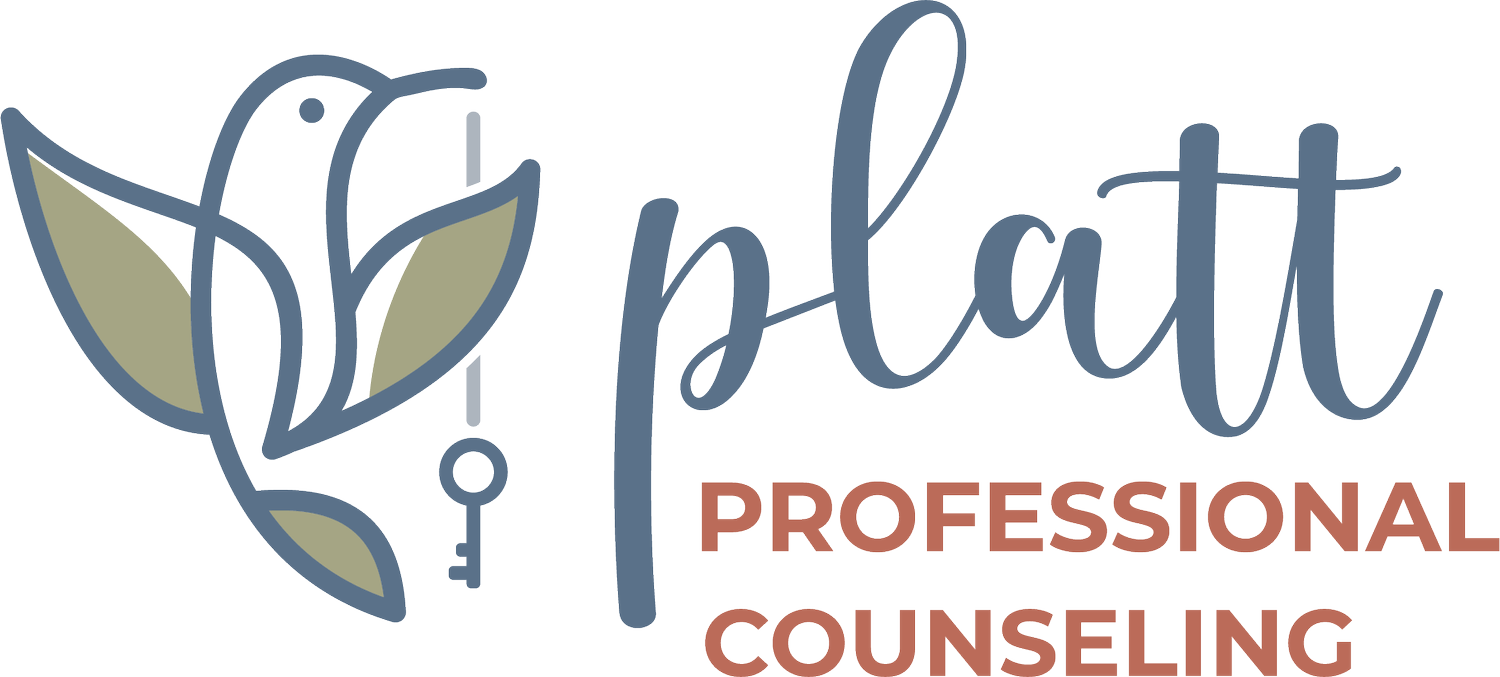Discovering Meaning with a Holocaust Survivor

“He who has a “why” to live for can bear almost any “how”.
-Viktor Frankl
The Jewish psychologist named Viktor Frankl had no idea the intimacy to devastation he would experience in his lifetime. He would be forced to examine his idea above firsthand. His work stands the test of time as a powerful resource for anyone seeking to find meaning in their life. It was September of 1942, Victor Frankl had just made the difficult decision to let a visa to America lapse so he could take care of his aging parents who remained in Vienna. The decision ultimately led to his arrest by the Nazis where he was imprisoned in four different concentration camps over the course of the next three years. Meaning in life is a need that reaches back to the foundation of what it means to be human. Before Frankl was taken by the Nazis to a concentration camp, he was a psychologist who worked under the conviction that the foundation of mental health is a quest for meaning. When captured by the Nazis, all of his work on his manuscript was destroyed. However, his first-hand case study of his theory during his imprisonment gave a great deal of credibility to his theory. He relied on his own theory of logotherapy to find the mental strength to endure the worst of human torture. He credits his ability to find meaning in the midst of his suffering as the foundation for surviving his experience. Viktor Frankl suggests that there are 3 primary sources of meaning: 1. Suffering 2. Work 3. Experiences.
Suffering | How can my pain produce good?
One of the examples that Frankl gives for finding meaning in suffering is of a doctor friend of his. The elderly doctor had been grieving the loss of his wife who had died two years ago and he was in a deep depression. When the doctor told Victor Frankl about his depression, he simply asked him what his wife would have been feeling if he had been the first one to die instead. The man realized that she no doubt would have missed him as much as he missed her. Frankl invited his friend to see that his suffering saved his wife from the pain she could have felt. Describing this event Frankl suggests, “In some way, suffering ceases to be suffering at the moment it finds a meaning, such as the meaning of a sacrifice.” Suffering can be blinding, but it doesn’t have to be without hope. What good could come out of the experience of suffering?
Work | How can I help?
Work is the performing of a deed or the creative action to foster an idea, concept, or piece of art into existence. Your life inevitably leaves a mark on the world. When you engage in your work, meaning often flows. If you’re having a hard time experiencing meaning, sit down and write out some of the ways you help people. Then think about other things you’d like to help foster in the world. It doesn’t have to be big grand visions. Just start with small actions you can control. Mother Teresa said it best, “Not all of us can do great things. But we can do small things with great love.” What small things could you do that would be filled with great love? Your work can help you find meaning and purpose in your life!
Experience | Encounter the World
Experience could be observing things such as goodness, beauty, or truth. It also could be encountering another person in a relationship, where love is experienced and expressed to each other. What catches your attention? Follow your interests and see what meaning could be discovered. There is so much of the world to explore and life that can be shared with other people. Whether it’s going downtown and observing the hustle and bustle of the city, or getting out in nature and observing the quiet. Spending time intentionally observing the world around you is an avenue to discover meaning.
Living with Meaning
There is never a time when humans are not vulnerable to experiencing a crisis of meaning. Humans are able to endure incredible difficulty and experience wonderful heights as long as they have meaning. Technology, advanced governments, and entertainment are no solution to the vacuum of meaning that often persists in the present world. Understanding what you turn to for meaning is incredibly important. If it is anything outside the sources we’ve talked about so far, it can and likely will disappoint you. We inevitably often default to what our brains suggest is the most basic source of meaning. This could come in the form of entertainment, money, social clout, or the myriad of idols people often grasp at to experience meaning. Pick one of the suggested sources of meaning above and intentionally try to apply it to your life this week.

